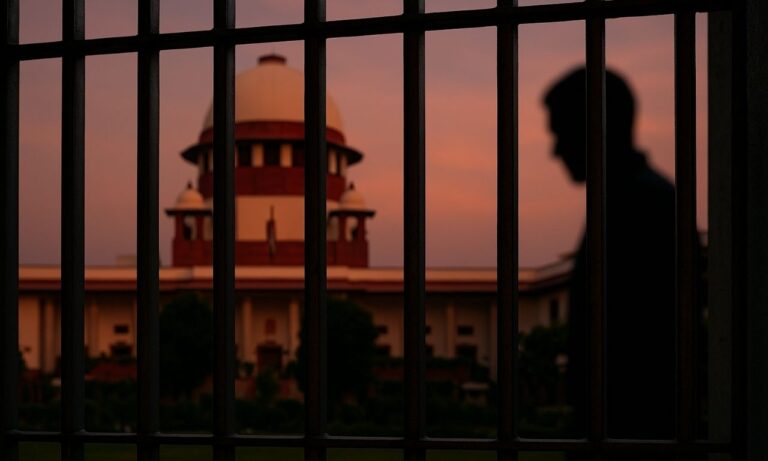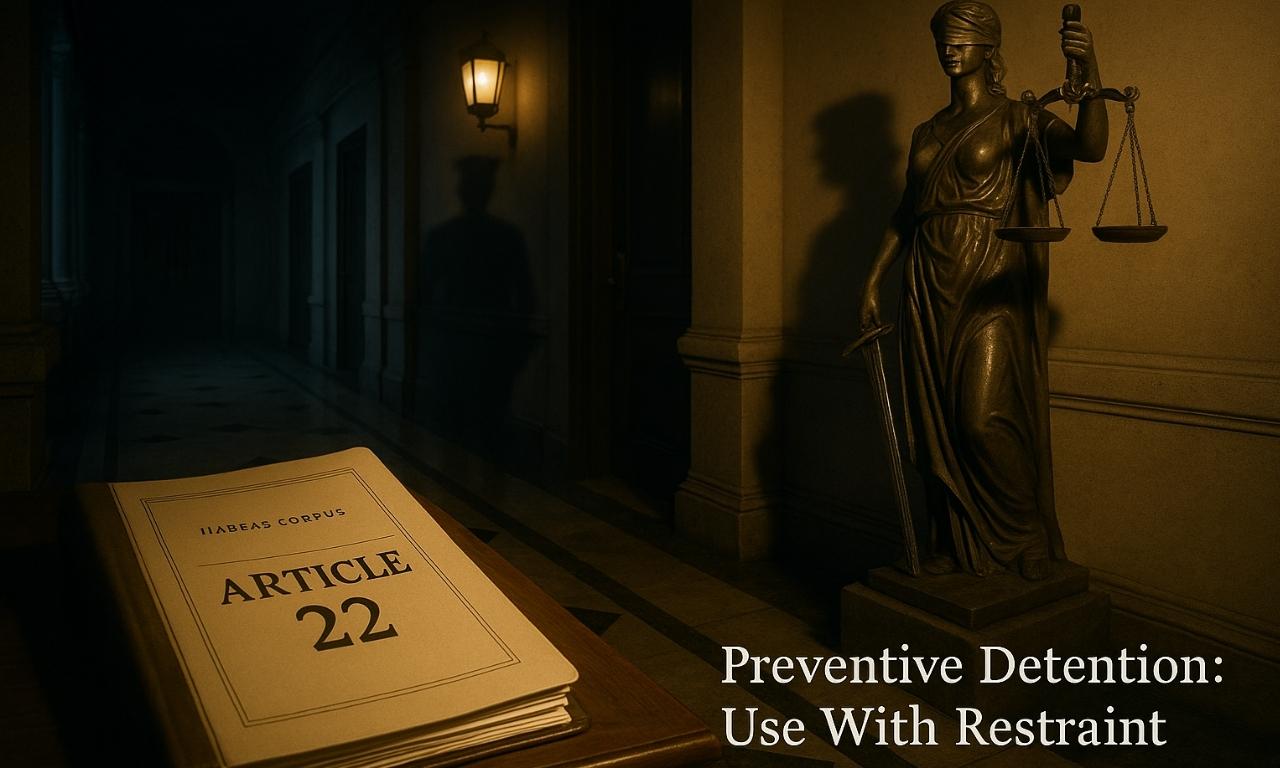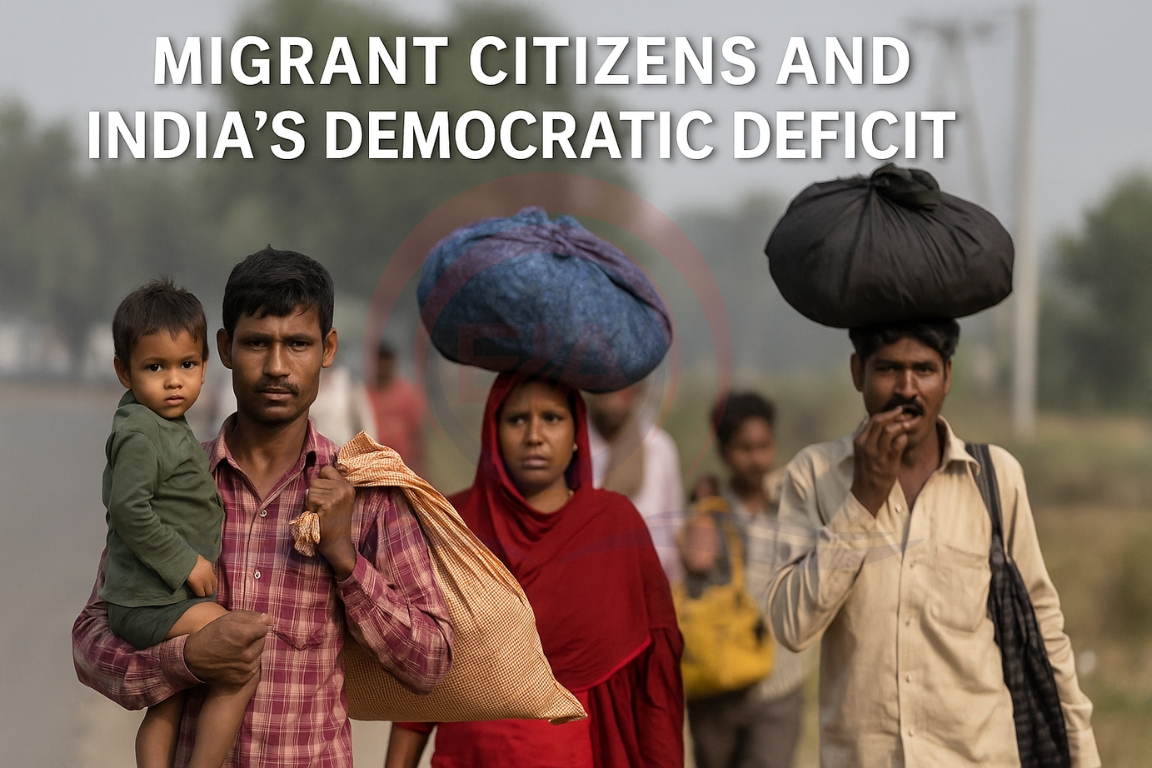The Supreme Court in Dhanya M. vs State of Kerala (2025) struck down a preventive detention order, warning that such powers must be used sparingly and in strict accordance with constitutional safeguards.
Preventive Detention
- Preventive detention means detaining a person to prevent them from committing a possible offence in the future, not for something they have already done.
- It is a precautionary measure used by the State when it suspects that a person may act in a manner that threatens public order, national security, or the maintenance of essential supplies.
- Articles 22(3) of the Constitution allow preventive detention, making India one of the few democracies to do so even in normal times.
- The concept dates back to British colonial rule, such as the Bengal Regulation of 1818, used to suppress dissent.

Judicial Developments and Concerns
- A.K. Gopalan vs State of Madras (1950) upheld preventive detention laws, isolating Article 22 from other fundamental rights.
- A.K. Roy vs Union of India (1982) continued this trend, refusing to apply Articles 14, 19, and 21 protections to detention laws.
Conflict with “Golden Triangle”
- The Golden Triangle of Articles 14 (equality), 19 (freedoms) and 21 (life and liberty) ensures due process.
- Preventive detention forms a “Bermuda Triangle”, where these rights often disappear due to executive overreach.
Colonial Legacy and Continuing Misuse
- Post-Independence, governments retained colonial-style detention powers, using them to maintain public order, handle protests, and suppress dissent.
- Broad definitions like “goonda” and “rowdy” under KAAPA allow misuse against petty offenders or political opponents.
- Scholars such as Gautam Bhatia and Granville Austin note that preventive detention has become a routine administrative tool rather than a rare emergency measure.
Way Forward
- Re-examine outdated precedents such as A.K. Gopalan and A.K. Roy.
- Restrict use only to grave threats like terrorism and organized crime.
- Strengthen safeguards—periodic review, transparency, and stricter judicial oversight.
- Reinforce constitutional balance between security and liberty to prevent misuse of “pre-crime” powers.
CONSTITUTIONAL PROVISIONS
Article 22 (Clauses 3 to 7) – Part III (Fundamental Rights)
- Article 22 provides rights to persons who are arrested or detained, including those under preventive detention.
- It permits preventive detention but lays down safeguards to prevent misuse.
Key Points under Article 22:
- Article 22(3)(b): The protection of personal liberty (right to be informed of reasons for arrest and right to lawyer) does not apply to a person detained under a preventive detention law.
- Article 22(4): No law can authorise preventive detention for more than 3 months unless approved by an Advisory Board.
- Article 22(5): The person detained must be informed of the reasons for detention as soon as possible.
- Article 22(6): The government may withhold facts that it considers to be against the public interest from disclosure to the detainee.
- Article 22(7): Parliament may by law:
- Authorise detention for more than 3 months without Advisory Board approval.
- Prescribe maximum detention periods under preventive detention laws.
Maximum Period of Preventive Detention
- The Constitution does not fix a uniform period; it authorises Parliament to set limits.
- National Security Act (NSA), 1980 → Maximum detention up to 12 months.
- COFEPOSA Act (1974) → Preventive detention for up to 1 year (can extend in special cases).
Major Preventive Detention Laws in India
- National Security Act (NSA), 1980: Used to detain individuals who threaten national security or public order.
- COFEPOSA Act, 1974: Deals with smuggling and foreign exchange violations.
- Unlawful Activities (Prevention) Act (UAPA), 1967: Used against individuals involved in terrorist activities.
Conclusion:
Unchecked preventive detention erodes constitutional freedoms and mirrors a “pre-crime” system where suspicion replaces proof. India must urgently reform this framework to uphold the spirit of justice, liberty, and due process.
This topic is available in detail on our main website.





